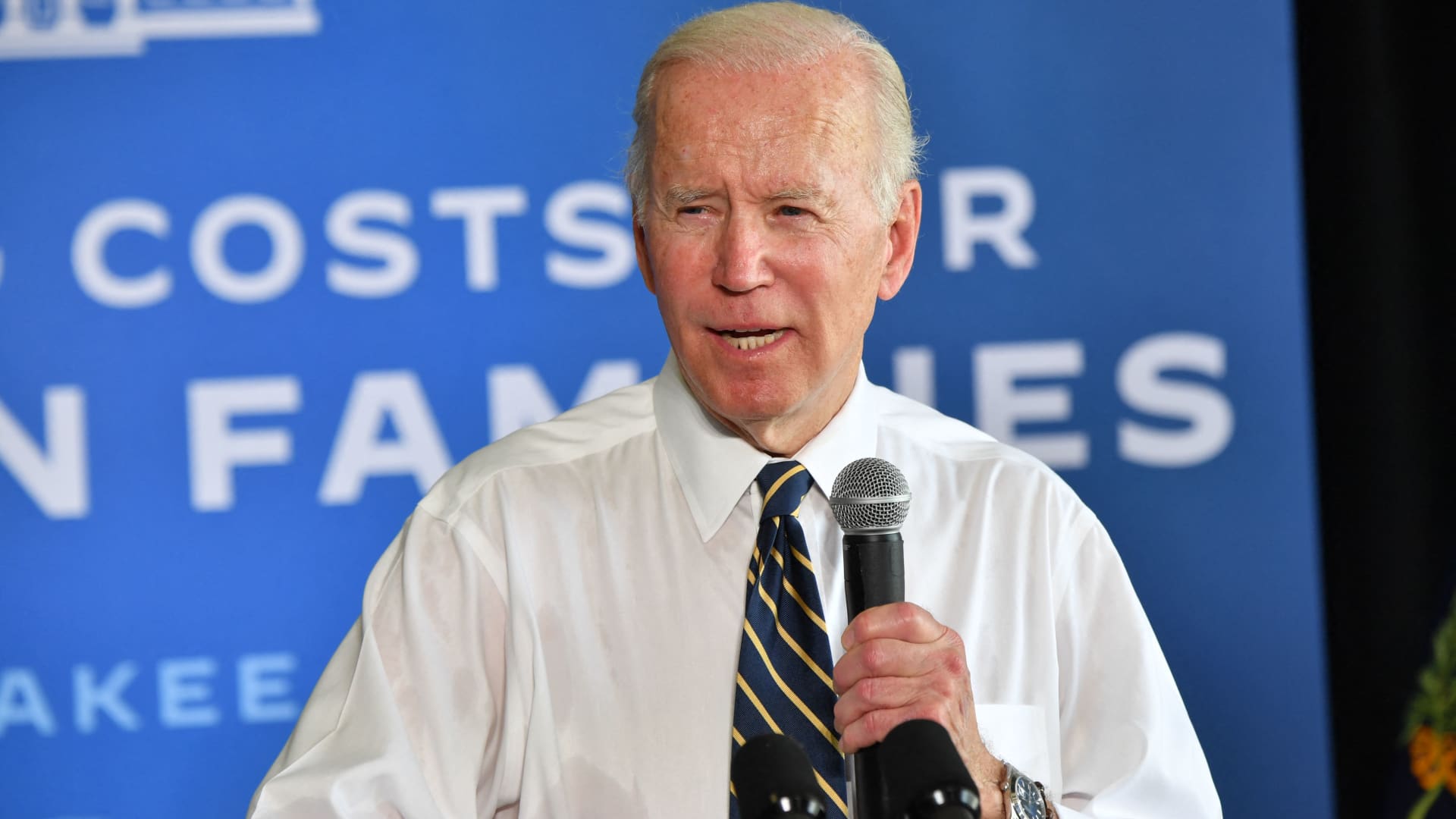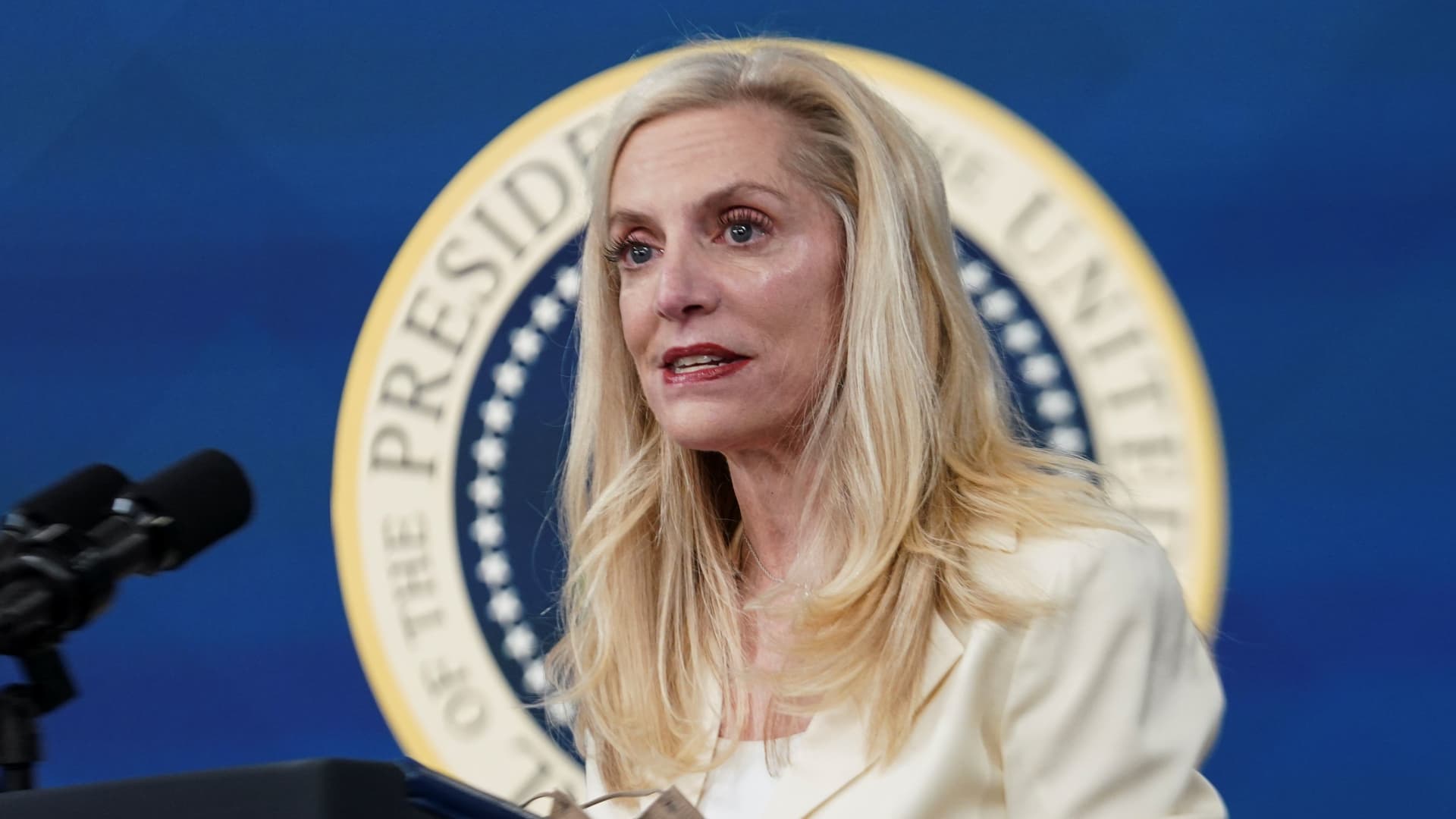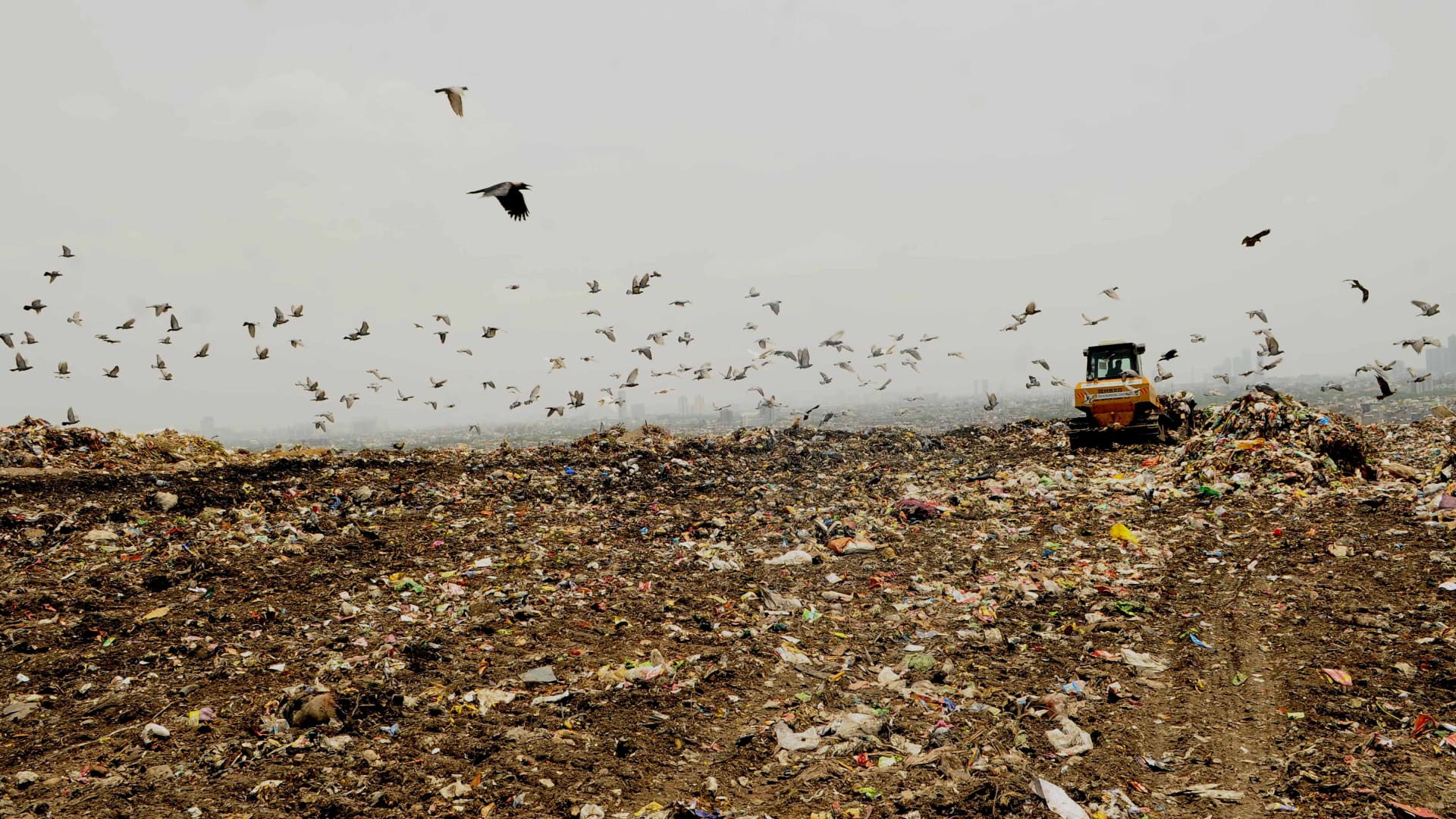Biden outlines plan to boost U.S. agriculture production as Ukraine invasion fuels high food prices
Biden outlined efforts to help U.S. farmers ramp up crop production to offset reduced global food exports caused by Russia's invasion of Ukraine.

President Joe Biden on Wednesday outlined White House plans to help American farmers boost crop production to counter reduced food exports from Europe caused by Russia's invasion of Ukraine.
The president, who spoke from a farm in Kankakee, Illinois, noted that Russian President Vladimir Putin's attack has driven up the global prices of a variety of food staples, including wheat, corn, barley, oilseeds and cooking oil. Russia and Ukraine, combined, supply more than 25% of the world's wheat exports and about 20% of barley exports.
"Right now, America is fighting on two fronts," Biden told the crowd assembled at the farm. "At home, it's inflation and rising prices. Abroad, it's helping Ukrainians defend their democracy, and feeding those who are left hungry around the world because Russian atrocities exist."
In an attempt to quell food shortages, the Biden administration said it plans to increase the number of counties eligible for insurance for double cropping, which is when farmers plant a second crop on the same land in the same year.
"Double cropping comes with real risks," the president said. "If the weather conditions aren't ideal, or at least good ... then the timing of everything is thrown off."
"But it's a risk we need to take," Biden added. "That's why my administration is looking at how to extend crop insurance coverage to give financial security to farmers."
The White House hopes those steps will help U.S. farmers top a record-setting 2021 growing season, during which the value of American agricultural exports hit $177 billion.
(L-R) Gina and Jeff O'Connor, owners of O'Connor Farms, US President Joe Biden, and US Agriculture Secretary Tom Vilsack speak while visiting O'Connor Farm in Kankakee, Illinois, on May 11, 2022.
Nicholas Kamm | AFP | Getty Images
The latest initiatives come a month after the United Nations warned that as many as 1.7 billion people are "highly exposed" to the domino effect of Russia's war on global food, energy and finance systems. The global body said the invasion threatens to aggravate hunger in countries that are already malnourished.
Even in countries where food is not as scarce, prices are taking huge chunks out of paychecks. In the U.S., the Labor Department said Wednesday morning that the prices Americans pay for groceries rose 1% in April and are up 10.8% over the last 12 months.
U.S. Treasury Secretary Janet Yellen in April said global food prices are "skyrocketing."
The White House said it also plans to double its investment in domestic fertilizer production, to $500 million from $250 million, to lower costs for growers.
The effort will attempt to ease one of the main culprits behind the spike in food prices: a global shortage of fertilizer.
"That's why earlier this year, the U.S. Department of Agriculture announced that would invest $250 million to produce fertilizer production," Biden said Wednesday, recalling an earlier conversation he had with Agriculture Secretary Tom Vilsack.
"I turned to Tom, and I said, 'Tom, double that. Make it $500 million.' It's so desperately needed. We can't take chances," Biden said. "It's critical to get this done."
Russia and Belarus, one of Moscow's allies, provide about 40% of the world's exports of potash. Farmers rely on the potassium-rich salt and component in the globe's fertilizer industry to boost annual harvests.
In recent years, Russia also exported 11% of the world's urea and 48% of the ammonium nitrate, two other key fertilizer components, according to estimates from Morgan Stanley.
"Fertilizer prices have more than doubled since last year, due in part to supply chain disruptions created and exacerbated by Russia's invasion of Ukraine," the White House said in a fact sheet it published Wednesday morning.
"These actions will help grow new markets for American-grown food, supporting jobs in rural communities across America," the administration added.

 MikeTyes
MikeTyes 































